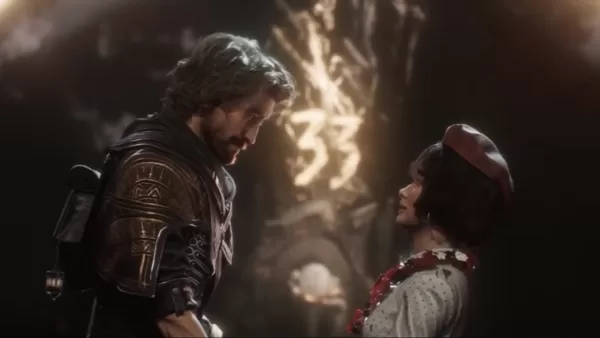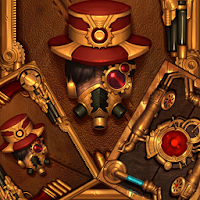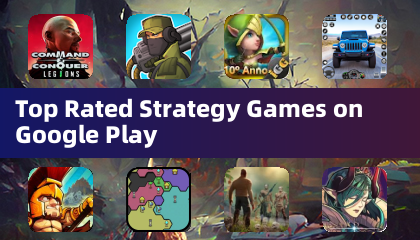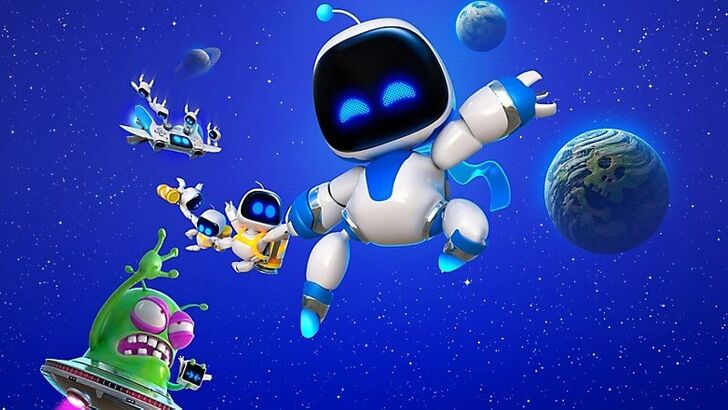
PlayStation co-CEO Hermen Hulst shares his insights on the role of artificial intelligence (AI) in gaming, emphasizing its potential to revolutionize the industry while underscoring the irreplaceable value of the human touch. Delve into Hulst's perspective and PlayStation's future plans as it marks 30 years in the gaming world.
AI Will Never Replace Humans, Says Hulst
Instead, A Dual Demand in Gaming
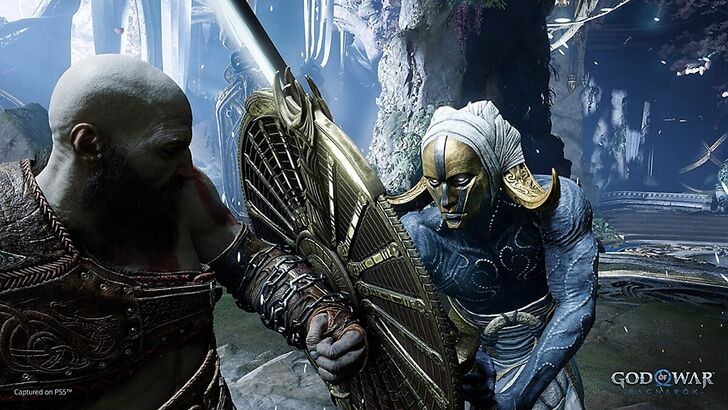
Sony Interactive Entertainment co-CEO Hermen Hulst recognizes the transformative power of AI in gaming, yet he firmly believes that it cannot replicate the unique "human touch" that defines games created by people. In an interview with BBC, Hulst expressed, "AI has the potential to revolutionize gaming, but it will never amount to the human touch."
Sony and PlayStation have been at the forefront of the gaming industry for three decades, since the launch of the original PlayStation in 1994. Throughout this period, they've witnessed the evolution of gaming technology, with AI emerging as a significant player in recent years.
Game developers are increasingly concerned about AI's impact on their profession. While AI can automate routine tasks, enhancing efficiency, there's a fear it might encroach on the creative aspects of game development, potentially displacing human jobs. This concern has been highlighted by the recent strike of American voice actors, particularly within the Genshin Impact community, where the use of generative AI to replace voice actors has led to noticeable gaps in English-dubbed content.
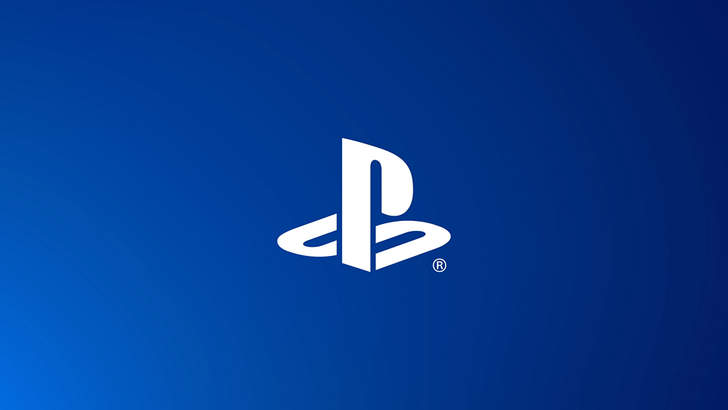
A survey by market research firm CIST reveals that 62% of game development studios are already integrating AI into their workflows, primarily for rapid prototyping, concepting, asset creation, and worldbuilding.
Hulst emphasized the importance of balance, stating, "Striking the right balance between leveraging AI and preserving the human touch will be crucial. I suspect there will be a dual demand in gaming: one for AI-driven innovative experiences and another for handcrafted, thoughtful content."
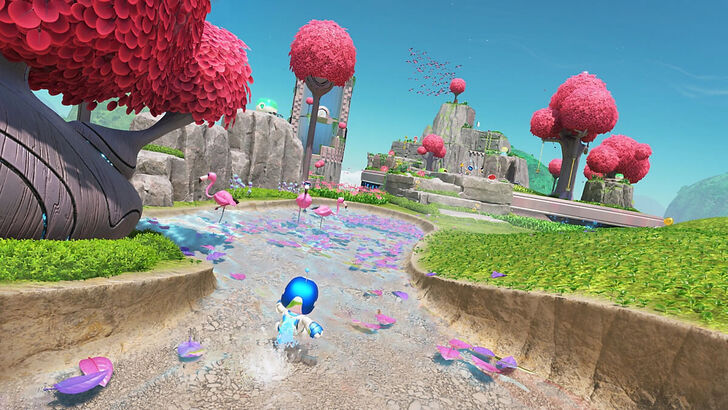
PlayStation is actively exploring AI's potential to streamline development processes, with a dedicated Sony AI department established in 2022. Beyond gaming, Sony is also venturing into multimedia, with plans to adapt its games into films and TV series. Hulst highlighted the ongoing development of the God of War series into an Amazon Prime show, aiming to elevate PlayStation's intellectual property within the broader entertainment industry.
This expansion strategy may be linked to Sony's rumored interest in acquiring Kadokawa Corporation, a Japanese multimedia giant with extensive reach in publishing and anime. However, details remain confidential.
PlayStation 3 Was Aiming Way Too High

Reflecting on PlayStation's 30th anniversary, former PlayStation chief Shawn Layden shared insights from his tenure, particularly focusing on the ambitious yet challenging launch of the PlayStation 3 (PS3). Layden described the PS3 as the "Icarus moment" for the team, suggesting they had overreached with their vision.
"We flew too close to the sun, and we were lucky and happy to have survived," Layden remarked. The PS3 was envisioned as a supercomputer with Linux capabilities and a multitude of features, but this ambition proved overwhelming. "PS3 got us back to first principles, and that's what you need sometimes when you're riding too high on your own supply," he added.
The PS3 experience taught the team to refocus on gaming as the core function of their consoles. "We also learned that the center of the machine has to be gaming. It's not about whether I can stream movies or play music. Can I order a pizza while I'm watching TV and play? No, just make it a game machine. Just make it the best game machine of all time," Layden concluded. This lesson was pivotal when developing the PS4, which aimed to be a superior gaming console in contrast to the multimedia-focused approach of its competitors.



